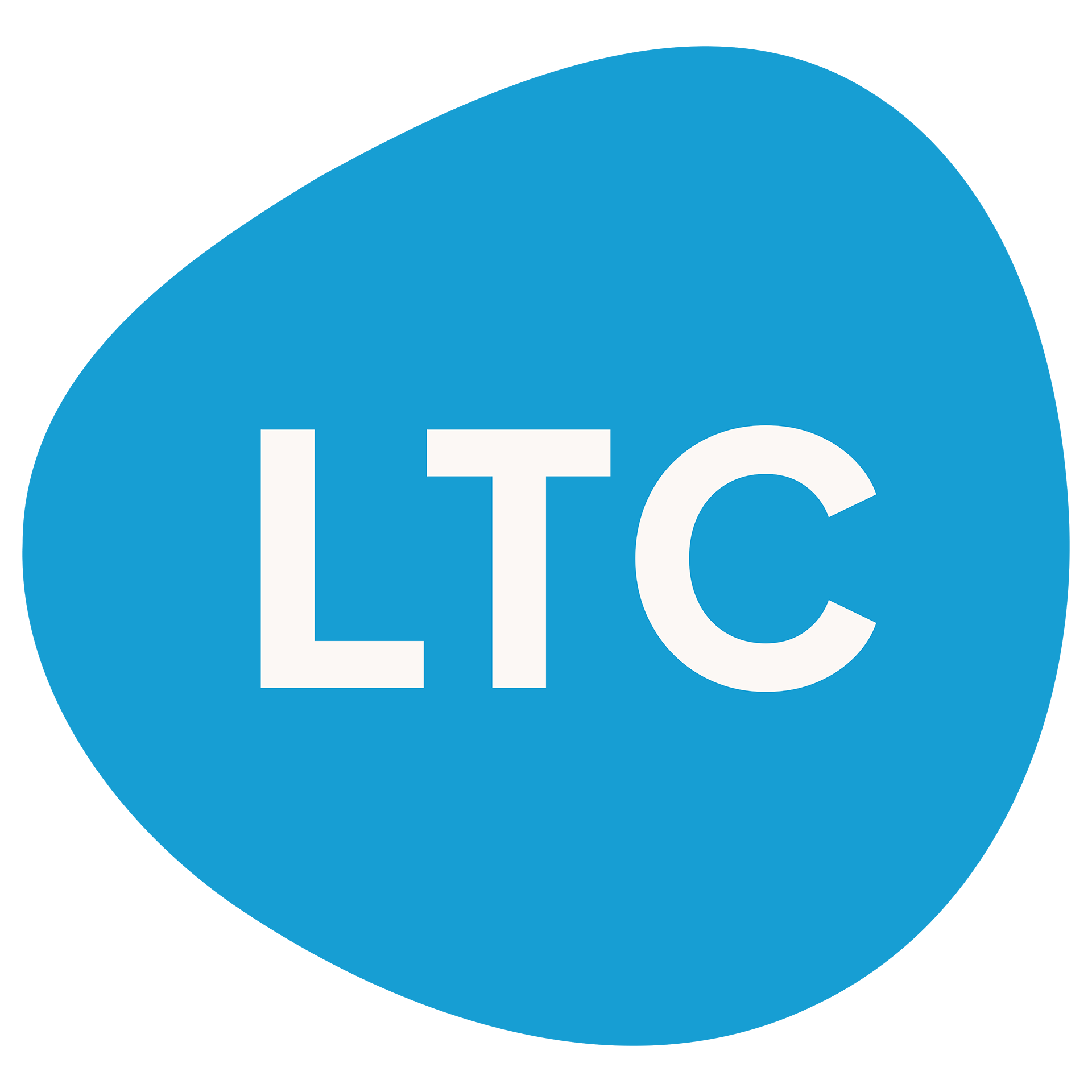What is Digital Citizenship?
Digital Citizenship is more than just teaching students how to be safe online. Good digital citizens know how to use technology to foster better online communities with both local and global relationships. They can identify the validity of information and use technology to communicate responsibly and respectfully, even with individuals who don’t share their views. Good digital citizens use technology in a positive way to share ideas and participate both locally and globally.
Why is Digital Citizenship Important?
Data (2019) from Cyberbullying Research Center shows that 37% of students – more than 1 of every 3 – have experienced some form of unwanted harassment or mistreatment with technology. This represents an increase of 35% over studies from 2016. Research done by the Pew Research Center suggests this number may be much higher among teens, perhaps up to 59% of this age group has been affected. According to the Centers for Disease Control and Prevention, those affected by bullying have increased risk of depression, anxiety, academic problems, and a number of other factors that lead to decreased quality of life.
According to the International Society for Technology in Education (ISTE), teaching digital citizenship can “help create thoughtful, empathetic digital citizens who can wrestle with the important ethical questions at the intersection of technology and humanity.” Helping our students develop into good citizens, digital or otherwise, empowers our communities to become more positive places in the future.
Digital Citizenship Teaching Resources
A number of resources are available to support educators and parents as they work together to improve students’ digital citizenship skills.
- Common Sense Education has developed a free, comprehensive digital citizenship curriculum for all grade levels. Resources include both online and offline activities, and parent engagement ideas are also available. Make sure you check out LTC’s webinar discussing these resources!
- Google’s Be Internet Awesome curriculum is also free and is supported by a series of fun and challenging interactive games called Interland.
- Edutopia has curated an extensive listing of resources that can be used by educators and community groups to support digital citizenship.
- ISTE had developed a variety of resources supporting digital citizenship in schools, including classroom resources, professional publications, and an online course on teaching digital citizenship.
Closing
Teaching digital citizenship has never been more important to building a positive, collaborative, and safe online community. In addition to the resources noted above, follow the hashtags #DigCit and #DigCitCommit on social media to stay up-to-date on the latest developments and trends in digital citizenship instruction.
Bibliography
Today’s students have access to more information than ever before. Many students enter the data-rich world with few skills to manage the myriad of opportunities and pitfalls they might encounter. This is when the concept of Digital Citizenship becomes relevant and evermore important.




